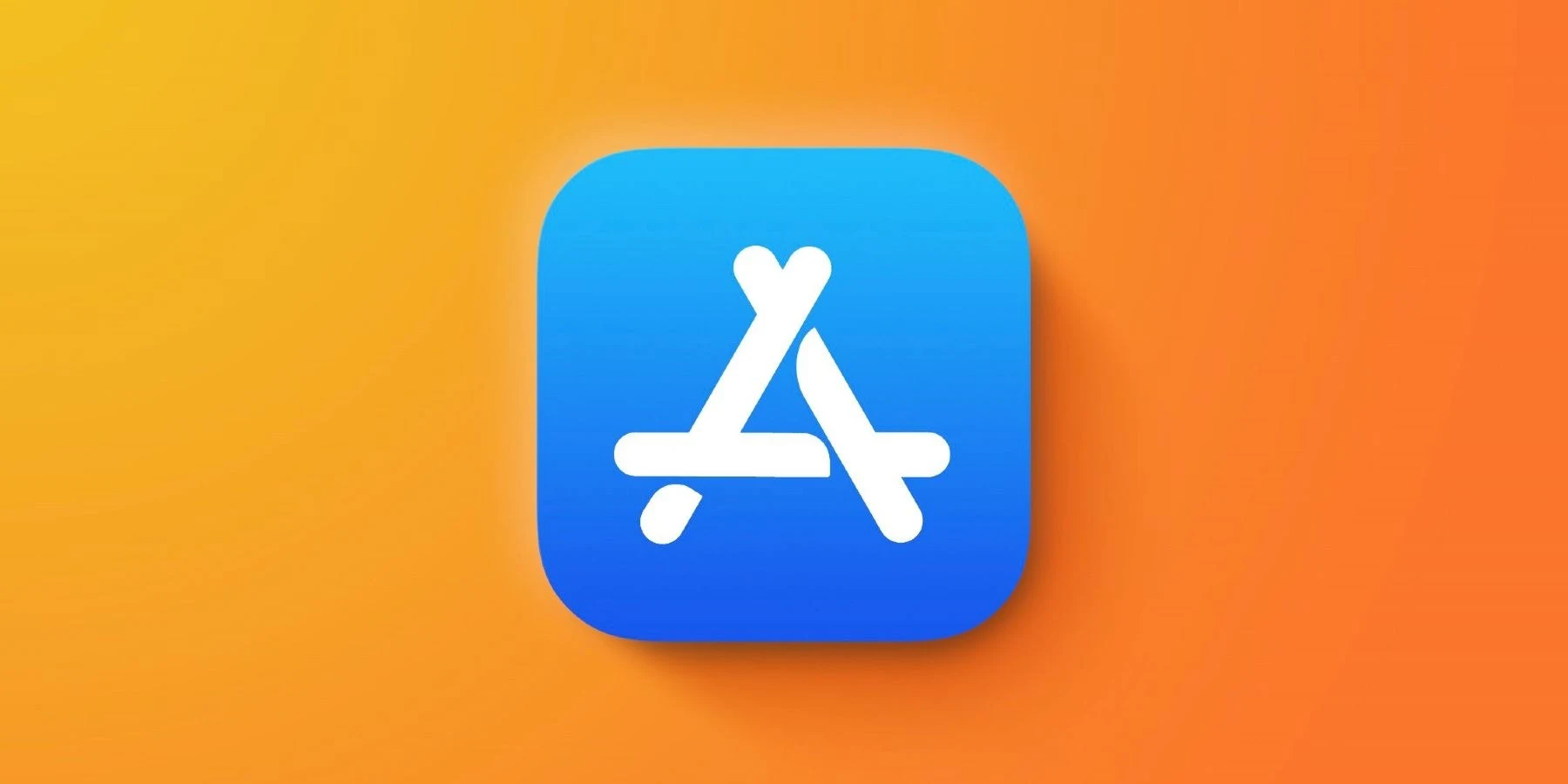A myriad of distinctions exist between iPhones and Android phones, notably in their app store ecosystems. Unlike the tightly regulated Apple App Store, the Google Play Store offers a more open environment. This openness has historically enabled Android users to access console emulation since the platform's inception, with some of the earliest Android apps being Nintendo emulators.
- iPhones and Androids historically differ in app store openness, but Apple now allows emulators directly in its store due to regulatory pressure.
- Legal complexities persist with emulator use, but Apple's move towards third-party app access signals a shift in its ecosystem.
- Google and Apple navigate similar challenges, hinting at the eventual arrival of emulators like RetroArch on the App Store.
A myriad of distinctions exist between iPhones and Android phones, notably in their app store ecosystems. Unlike the tightly regulated Apple App Store, the Google Play Store offers a more open environment. This openness has historically enabled Android users to access console emulation since the platform's inception, with some of the earliest Android apps being Nintendo emulators.
However, Apple has recently revised its App Store policies to permit the inclusion of emulators directly within the store. This landmark change grants iPhone users unprecedented access to emulators without the need for workarounds like jailbreaking or sideloading. Such measures were previously necessary due to Apple's stringent vetting process and prohibition of emulator-related apps.
The catalyst behind this policy shift appears to be the escalating scrutiny from EU regulators regarding Apple's business practices, viewed as anti-competitive. With new legislation enacted in Europe mandating changes, including transitioning iPhones to the USB-C standard, Apple has been compelled to adjust its policies. This move toward accommodating third-party app stores and alternative app sources is undoubtedly a direct response to these regulatory pressures.
Essentially, Apple recognizes the inevitability of users seeking emulators from third-party platforms, posing a challenge to its own ecosystem. This shift underscores the significance of competition in benefiting consumers' choices. While rooted in EU regulatory pushback, this policy alteration extends globally, promising eventual emulator access for iPhone users in the US as well.
Despite the legality of emulators themselves being upheld in various courts, using proprietary software within these emulators, particularly games in console emulation cases, remains legally dubious. Apple and developers will need to navigate these legal gray areas going forward. Nevertheless, Google has grappled with similar challenges since 2008, indicating that addressing these legal complexities is feasible.
While the immediate availability of emulators on the App Store may take time, it's anticipated that prominent ones like RetroArch or Dolphin will lead the charge. Nonetheless, smaller emulators may also find their way onto the platform. Regardless of the specifics, the advent of emulators on iPhones marks a positive development for retro gaming enthusiasts.

